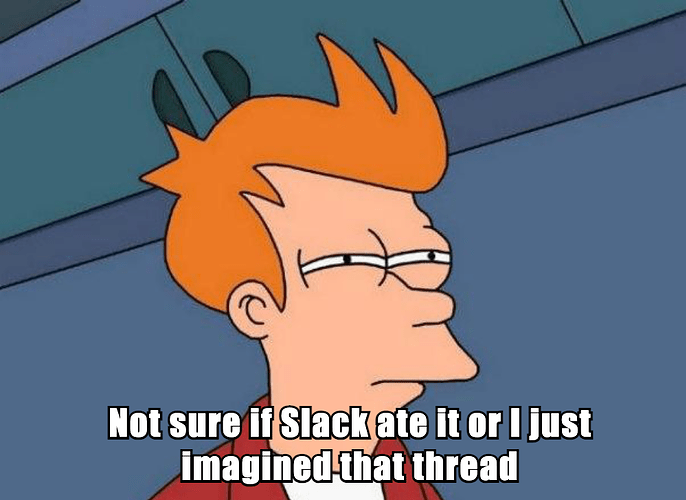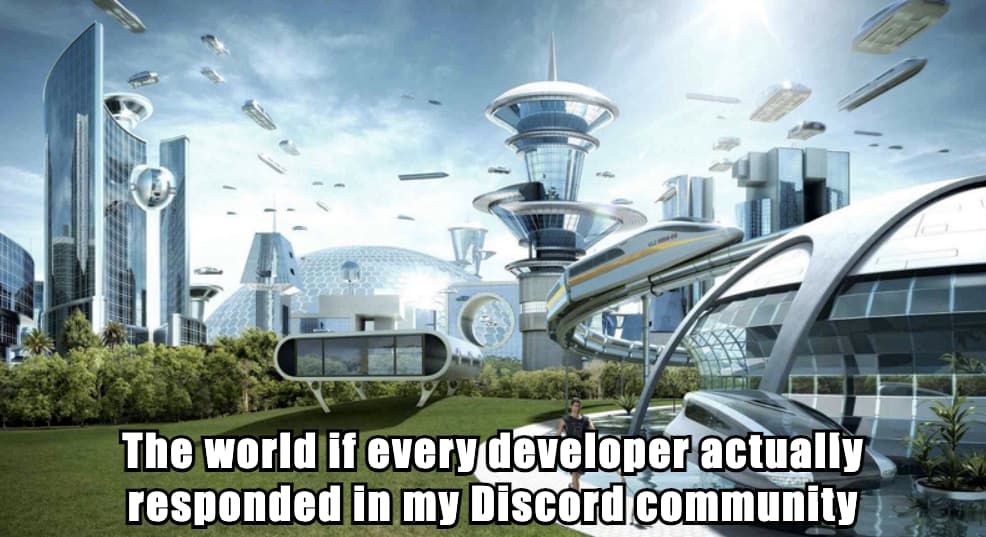Developer engagement doesn’t happen by accident. It’s shaped by the tools you offer, the spaces you design, and the way conversations flow. Whether you’re building a community around an open-source project, nurturing early users, or simply looking to support developers better—your platform choice matters.
Let’s break down three of the most-used tools in dev communities—Discord, Slack, and Discourse—and where they fit in your engagement strategy.
 Quick Comparison Snapshot
Quick Comparison Snapshot
| Feature | Slack |
Discord |
Discourse |
|---|---|---|---|
| Real-Time Chat | |||
| Long-Form Discussion | |||
| Casual Hangouts | |||
| Knowledge Retention | |||
| Custom Roles & Bots | |||
| Great for Events |
 Slack – For Quick, Focused Interactions
Slack – For Quick, Focused Interactions
Slack works well when you’re supporting smaller groups, like beta testers, paying customers, or partners. It allows for quick responses and direct feedback—but the content isn’t built to last. Threads disappear into the void, and onboarding new folks is tricky without context.
“Hey, did someone already answer that bug question?”
Too bad, it’s 187 messages up.
Use Slack when:
- You need fast support with a small group
- You’re running internal developer programs
 Discord – For Building Active, Culture-Driven Communities
Discord – For Building Active, Culture-Driven Communities
Discord isn’t just a chat tool—it’s a community space. With voice channels, stage events, memes, and bots, it’s ideal for dev groups that thrive on energy, identity, and shared culture.
Great for:
- Open-source communities
- Hackathons and AMAs
- Casual collaboration spaces
- Gaming-adjacent or web3 developer circles
Be ready to moderate. Community energy = lots of noise.
 Discourse – For Long-Term Value & Knowledge
Discourse – For Long-Term Value & Knowledge
Discourse is where your community’s knowledge becomes an asset. It’s not just for FAQs and support—it’s also great for structured collaboration, like feedback threads, even managing longer-format hackathons that unfold over days or weeks.
You can:
- Run forum-based hackathons (weekly updates, submission threads)
- Post detailed feedback prompts for participants
- Use categories to separate challenge types or team projects
- Archive all discussions for future reference
It’s the right tool when you’re building depth over noise.
If your hackathon involves planning, feedback cycles, and shared learning, Discourse scales way better than Discord or Slack.
Use Discourse for:
- Structured hackathons or community builds
- Ongoing developer support
- Transparent changelogs & product roadmaps
- Long-form tutorials and deep tech dives
 Bringing It All Together
Bringing It All Together
Each platform supports engagement differently. The best dev communities often use more than one:
- Slack → Private support, small group feedback
- Discord → Open community, energy & interaction
- Discourse → Documentation, deep dives, and long-term memory
You don’t have to pick one—but you do have to set expectations clearly. Don’t let a Discord server become a knowledge base, or expect Slack to retain discussions beyond a day. Structure matters.
Developers engage more when they know where to ask, how to contribute, and why it matters.


